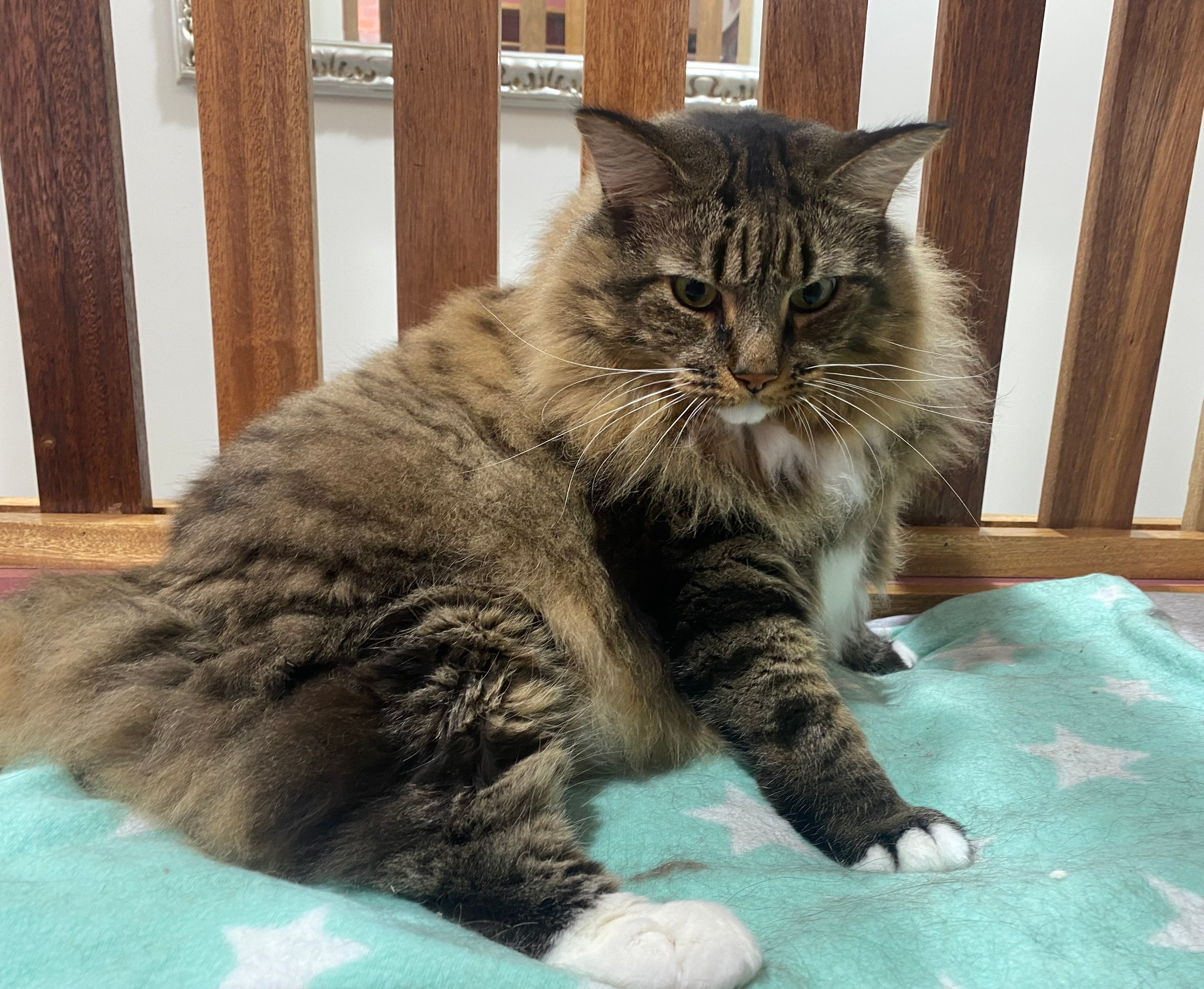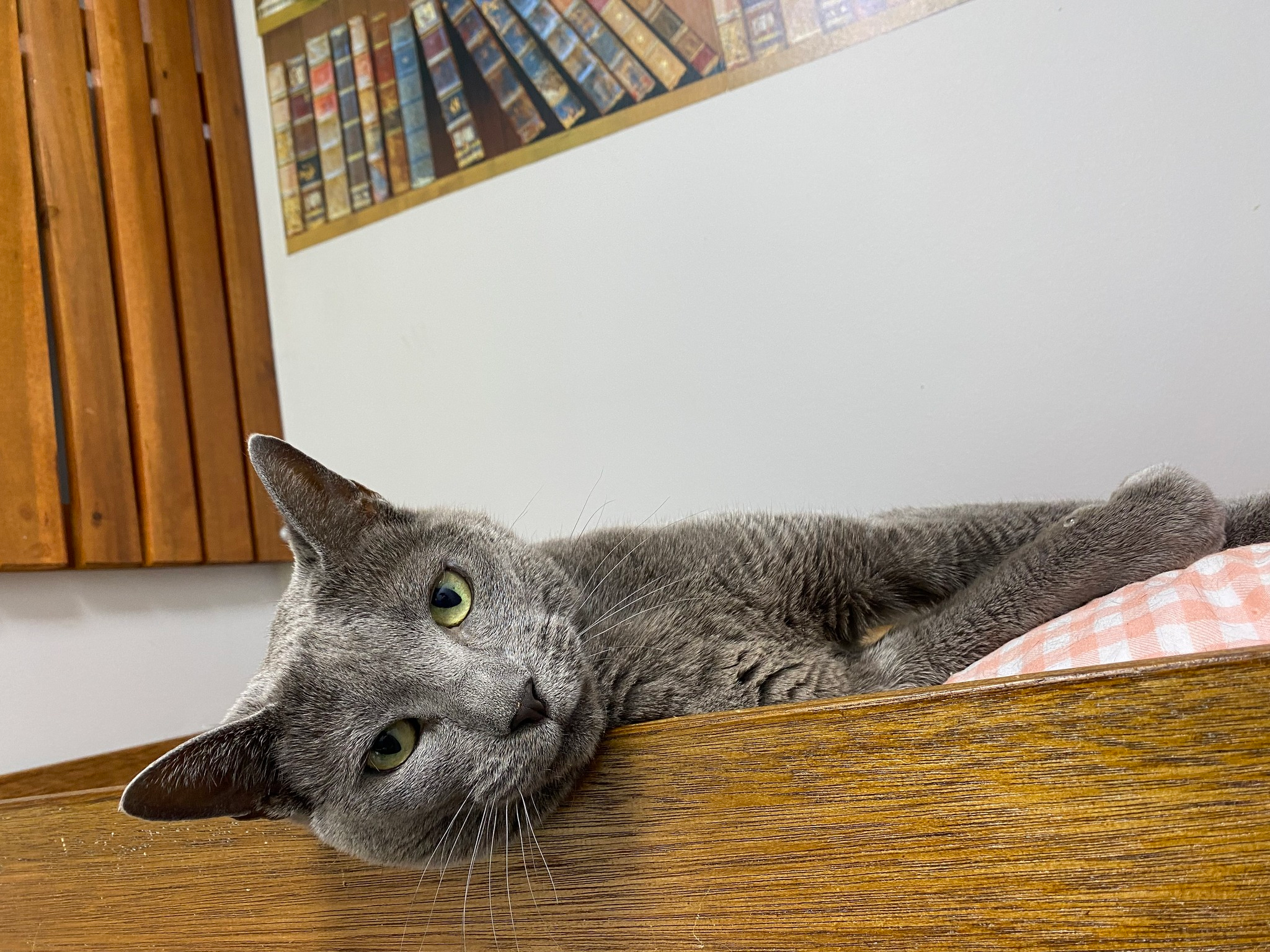How To Ease Separation Anxiety In Cats When Boardin? Cats are known to be independent and territorial animals, making them prone to separation anxiety when they are suddenly placed in unfamiliar environments. This can be a major concern for cat owners who need to board their pets while travelling or during emergencies.
Separation anxiety in cats can lead to destructive behaviour, excessive meowing, loss of appetite, and even physical illness. However, with proper preparation and techniques, the stress of boarding can be minimised for both the cat and owner.
In this guide, we will discuss effective ways on how to ease separation anxiety in cats when boarding. From familiarising your cat with new surroundings to providing comfort items and using calming aids, you will learn how to make the transition smoother for your feline friend.
What is Separation Anxiety in Cats?
Separation anxiety in cats is a condition where they become stressed and exhibit undesirable behaviours when separated from their owners or familiar environments. While this behaviour is common in dogs, it can also affect our feline companions.
Cats are creatures of habit and changes in routine or surroundings can cause them to feel insecure and anxious. This is especially true for cats who are used to the comfort and familiarity of their home environment. When placed in an unfamiliar boarding facility, they may experience separation anxiety due to the sudden change.
It’s important to understand that separation anxiety is not a form of misbehaviour but rather a response to stress and fear. It may manifest differently in each cat, but some common signs include excessive meowing, hiding, destructive behaviour, and loss of appetite.
If your cat is exhibiting these behaviours when boarding, it’s essential to address the issue and find ways to ease their anxiety. Let’s explore some effective techniques that can help reduce separation anxiety in cats during boarding.
A Step-by-Step Guide to Easing Separation Anxiety in Cats When Boarding

Now that we understand what separation anxiety in cats is, let’s dive into the steps you can take to ease their stress and make boarding a more comfortable experience for them.
Familiarise Your Cat with the Boarding Facility
Before boarding your cat, it’s important to familiarise them with the facility. This can help reduce their anxiety and make them feel more at ease when they arrive.
Introduce Comfort Items
Bringing along some items that have your cat’s scent on them can provide a sense of familiarity and comfort for your pet. This may include their favourite toys, blanket, or even an old t-shirt with your scent on it.
You can also ask the boarding facility if they allow you to bring your cat’s bed or other familiar items. Having these familiar objects can help ease your cat’s anxiety and make them feel more at home.
Use Calming Aids
There are various calming aids available for cats, such as pheromone sprays or diffusers, natural supplements, and even prescription medication from your veterinarian. These aids can help reduce stress and anxiety levels in cats during boarding.
However, it’s important to consult with your veterinarian before using any medication or supplement on your cat. They can advise you on the best options for your cat based on their health and individual needs.
Stick to Your Cat’s Routine
Cats thrive on routine, and any sudden changes can cause them to feel anxious. When boarding your cat, try to stick to their usual feeding schedule and daily routine as much as possible.
Also, provide the boarding staff with detailed information about your cat’s usual routine, such as playtime or nap time habits. This will help them create a similar environment for your cat and make them feel more comfortable.
Plus, when you pick up your cat after boarding, try to resume their regular routine at home as soon as possible. This will help ease the transition back to their familiar environment.
Communicate with the Boarding Staff
Lastly, it’s important to communicate openly and regularly with the boarding staff. They can provide updates on your cat’s well-being and address any concerns or questions you may have.
You can also ask them to send pictures or videos of your cat during their stay, which can help ease your own anxiety and assure you that your pet is doing well.
So these are some effective ways to ease separation anxiety in cats when boarding. With a little preparation and attention to your cat’s needs, you can make the boarding experience less stressful for both you and your feline friend.
Does Your Cat Need Professional Help?
In some cases, despite your best efforts, your cat may still exhibit severe separation anxiety when boarding. In such situations, it’s crucial to seek professional help from a veterinarian or animal behaviourist.
Remember, with patience and proper care, you can help ease your cat’s separation anxiety and make them more comfortable during boarding. By implementing these techniques and seeking professional help when needed, you can ensure a smoother transition for both you and your beloved feline companion.
Plus, by addressing and managing your cat’s separation anxiety, you can also help improve their overall well-being and strengthen your bond with them. So don’t hesitate to take the necessary steps to make boarding a positive experience for your furry friend.
Can You Prevent Separation Anxiety in Cats?

While separation anxiety is a common issue for cats, there are steps you can take to prevent it from developing or worsening. These include:
- Starting socialisation and desensitisation training early on: Exposing your cat to different environments, people, and situations at a young age can help them become more adaptable and less prone to separation anxiety.
- Building a strong bond with your cat: Regular playtime, positive reinforcement, and quality time spent together can help strengthen the bond between you and your cat. This can provide them with a sense of security even when they are away from you.
- Gradually exposing your cat to short periods of being alone: If you know that your cat will need to be boarded in the future, it’s important to expose them to short periods of being alone early on. This can help them become more comfortable with the idea of separation.
- Ensuring a stable and consistent environment: Changes in your home or routine can also trigger anxiety in cats. By maintaining a stable and consistent environment, you can help reduce their stress levels and prevent separation anxiety.
By taking these preventive measures and providing your cat with proper care and attention, you can significantly decrease their chances of developing separation anxiety when boarding.
Should You Consider Alternative Options?
While boarding may be the most common option for cat owners, it’s essential to consider alternative options as well. Some cats may not do well in a boarding environment and may benefit from staying at home while you’re away.
One option is to hire a pet sitter who can take care of your cat in the comfort of their own home. This can provide them with a sense of familiarity and help reduce stress levels.
Another option is to have a trusted friend or family member stay with your cat at your home. This way, your cat will not only have someone familiar around but also remain in their comfortable and secure environment.
Ultimately, every cat is different, and what works for one might not work for another. It’s important to consider your cat’s individual needs and preferences when deciding on the best option for them while you’re away.
Choose Hotel For Cats For A Stress-Free Boarding Experience
Looking for the perfect place to board your cat while you’re away? Look no further than Hotel for Cats! Our luxurious retreat offers a secure, comfortable and entertaining environment for your feline friend. With options like trusted family or friends staying at your home or bringing your cat to a new environment, choosing us ensures that your cat will have all their needs catered to in one convenient location.
Our dedicated staff is available seven days a week and we offer flexible check-in/out times to accommodate busy schedules. Plus, with our deluxe private suites, enrichment activities, custom bedding and furniture, TV and entertainment options, run by a caring vet, personalised attention, relaxation and climbing areas – we truly raise comfort to the highest level!
We understand every cat is unique, which is why we offer a variety of room options to choose from. From the Estate – our finest suite, to the Retreat – our 5-star suites, and even Church/City View 5-star suites, there’s a perfect fit for every cat’s needs and preferences. And with peak periods like Easter, Christmas and Summer holidays, we have minimum stay requirements to ensure your cat’s comfort and safety during these busy times.
So, book your cat’s stay with us today! Our location within Blakehurst Vet also offers peace of mind, as your cat will be surrounded by professionals who truly love and care for animals.
FAQs
How can I reduce my cat’s stress before boarding?
Bringing along familiar items, such as their favourite toys or blankets, can also help. Ensuring the facility has scratching posts and a comfortable litter box setup can make the environment feel more like home and ease the transition for most cats.
What can pet owners do to prepare their cat for extended periods at a boarding facility?
Pet owners can prepare their cat for extended periods at a boarding facility by gradually getting the cat used to being alone. Start by leaving your cat alone for short periods and gradually increase the time. This helps your cat adjust to your absence and reduces separation anxiety. Additionally, provide the boarding facility with detailed information about your cat’s habits and any tendencies towards destructive behaviour.
Can pet sitters help with easing separation anxiety in cats?
Yes, pet sitters can help ease separation anxiety in cats by providing one-on-one attention and keeping the cat in a familiar environment. While pet sitters are a good option, some cats might still experience stress when left alone for extended periods. In such cases, a cat boarding facility equipped to handle anxiety and provide constant supervision might be a better option to prevent destructive behaviour and ensure your cat’s well-being.
What facilities should a cat boarding place have to ease separation anxiety?
A good cat boarding facility should offer a calming environment with amenities like scratching posts, comfortable bedding, and a clean litter box to help ease separation anxiety. The facility should also have experienced staff who can provide personalised attention and recognize signs of a cat’s stress. Ensuring the boarding place can accommodate your cat’s routine and preferences can help make the stay more comfortable for your beloved pet.
Conclusion
In conclusion, while leaving your cat behind when travelling can be stressful for both you and your furry friend, there are ways to make the experience smoother and less anxiety-inducing.
By understanding and addressing separation anxiety in cats, seeking professional help when necessary, and considering alternative options such as hiring a pet sitter or inviting a trusted family member to stay at home with your cat, you can ensure that your beloved feline companion is well taken care of during boarding.
And by choosing a Hotel for Cats as their temporary home away from home, you can have peace of mind knowing that they will be comfortable, secure and entertained throughout their stay.

